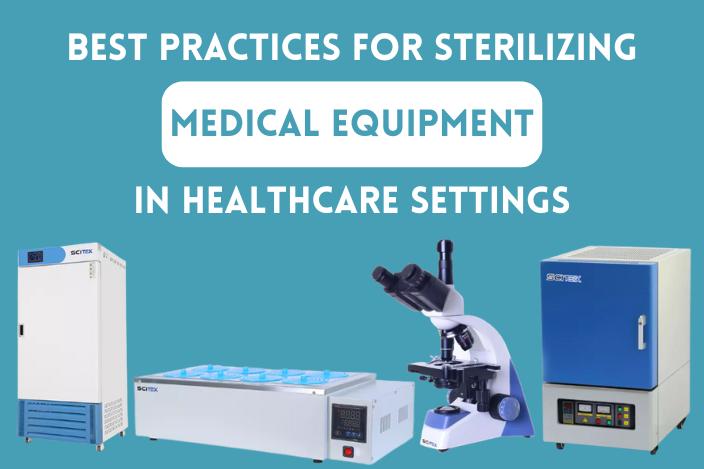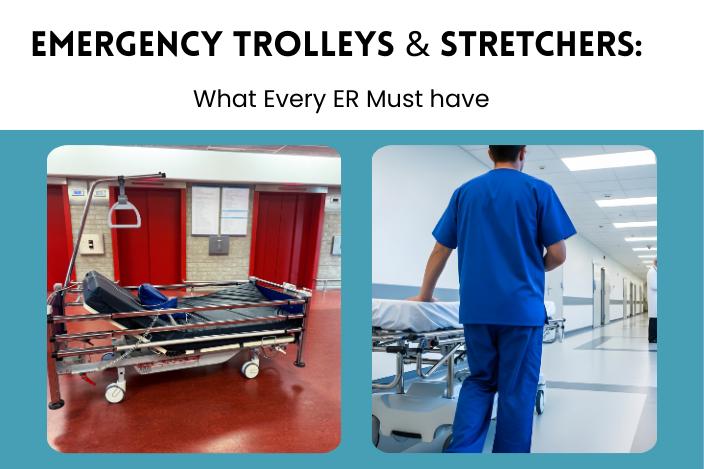
Published on 26-09-2025
Emergency Trolleys & Stretchers: What Every ER Must Have
Introduction
In an emergency room, seconds can save lives and the right equipment can make all the difference. Emergency trolleys and patient stretchers are not just tools for transport and storage; they are critical components of a life-saving workflow.
At Capri Medicals, we understand that hospitals and emergency departments need equipment that is reliable, fast, and designed for real-world clinical pressure. In this guide, we explore the essential features, benefits, and considerations that every ER must know when selecting emergency trolleys and stretchers in 2025 and beyond.
What Are Emergency Trolleys and Stretchers?
Emergency trolleys (also known as crash carts) are mobile units that carry life-saving medications, defibrillators, IV supplies, airway kits, and more all organized for immediate use during a code blue or medical emergency.
Stretchers, on the other hand, are mobile platforms used to transport patients safely and efficiently between areas in a hospital from ambulances to triage, from emergency to ICU. Advanced models support imaging, height adjustment, and patient stability under critical conditions.
Both are foundational to fast-paced emergency environments.
Why Emergency Trolleys & Stretchers Matter
Rapid Response in Emergencies
A well-stocked ABS Emergency Trolley ensures that doctors and nurses have immediate access to the tools they need from oxygen masks to intubation sets without wasting a second.
Safe and Swift Patient Transport
A modern Hydraulic Patient Transportation Stretcher enables safe transfer of patients across departments while maintaining spinal alignment, comfort, and vital access.
Improved Workflow and Staff Efficiency
Organized drawers, labeled medication trays, adjustable handles, and smooth maneuverability all contribute to faster, more accurate care delivery.
Supports Multi-disciplinary Teams
From paramedics to trauma surgeons, emergency stretchers and trolleys bridge the workflow between departments, teams, and disciplines.
Key Features to Look For
For Emergency Trolleys:
-
Multi-drawer Design: Clearly labeled drawers for meds, IV kits, defibrillator, airways, gloves, etc.
-
Defibrillator Platform: Stable mount for electrical resuscitation devices.
-
Oxygen Cylinder Brackets: Secure attachment to enable mobility with oxygen supply.
-
Breakaway Seals & Locking System: For drug safety and access tracking.
-
IV Pole & Utility Bins: Support fluid therapy and quick disposal.
-
Anti-rust, Easy-to-Clean Build: ABS construction is lightweight, hygienic, and durable.
Explore the ABS Emergency Trolley available at Capri Medicals.
For Patient Stretchers:
-
Hydraulic Height Adjustment: Ensures ergonomic access for medical staff and comfort for patients.
-
Trendelenburg & Reverse Trendelenburg Tilt: Critical for trauma care and patient positioning.
-
Central Locking Wheels: For safe transport through busy corridors.
-
X-ray Compatible Frame: Enables imaging without transferring the patient.
-
Side Rails & Safety Straps: Essential for patient restraint and safety.
-
High Weight Capacity: Supports a wide range of patient needs, including bariatric cases.
View the Hydraulic Patient Transportation Stretcher to see these features in action.
Common Questions or Misconceptions
Q: Are emergency trolleys only for major hospitals?
A: Not at all. Every medical setting including small clinics and urgent care centers needs at least one well-equipped trolley for emergencies.
Q: Do all stretchers need hydraulic systems?
A: While not mandatory, hydraulic systems drastically improve usability, especially in trauma or multi-shift settings. They reduce staff fatigue and offer more precise patient positioning.
Q: Should we buy pre-stocked trolleys?
A: It depends on your setup. Some facilities prefer to stock in-house for customization. However, pre-configured options save time and ensure readiness from day one.
Q: How many trolleys should an ER have?
A: That depends on bed capacity and expected patient volume. A general guideline is one crash cart per active resuscitation bay, plus one backup.
Need help determining the right quantity or configuration? Contact us we’ll guide you through it.
Conclusion
In 2025 and beyond, emergency trolleys and stretchers aren’t optional they’re essential. They are the backbone of emergency preparedness, helping teams respond quickly, safely, and efficiently when every second matters.
At Capri Medicals, we supply thoughtfully engineered, durable, and clinically validated solutions like the ABS Emergency Trolley and Hydraulic Patient Transportation Stretcher. Our products are trusted by hospitals, clinics, and trauma centers for reliability when it counts most.
To upgrade your emergency care readiness, visit our website or get in touch with our team.

.png)
.png)
.png)
.png)
.png)
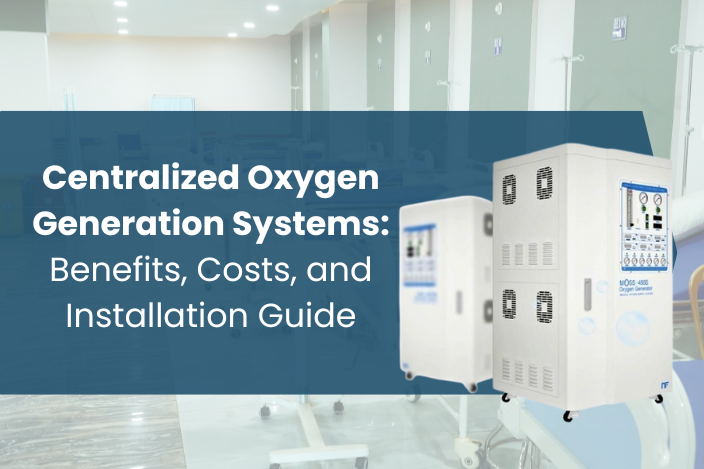
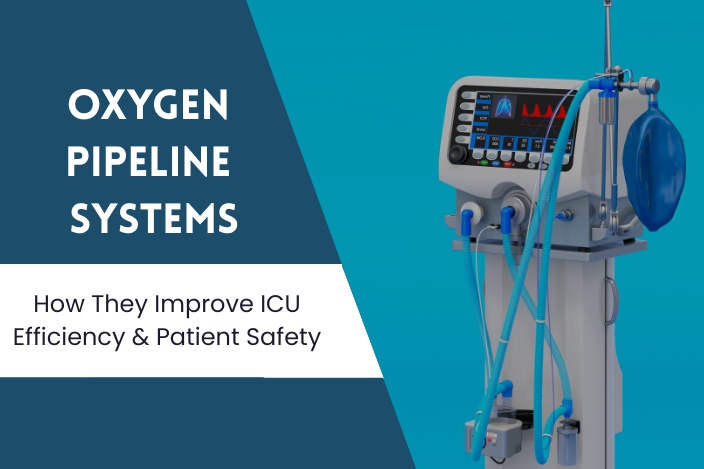
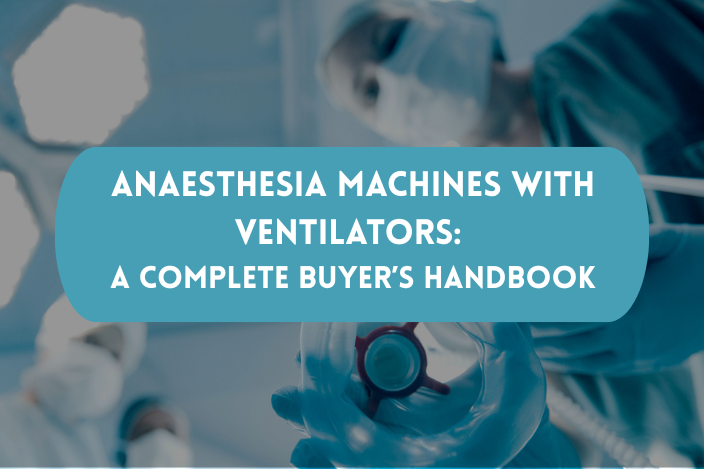
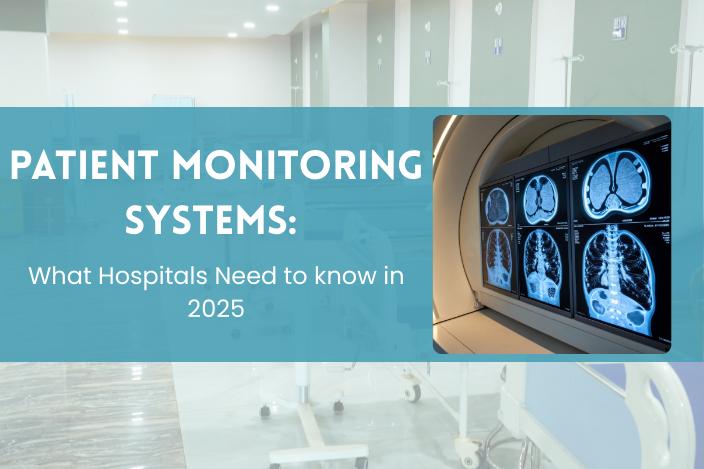
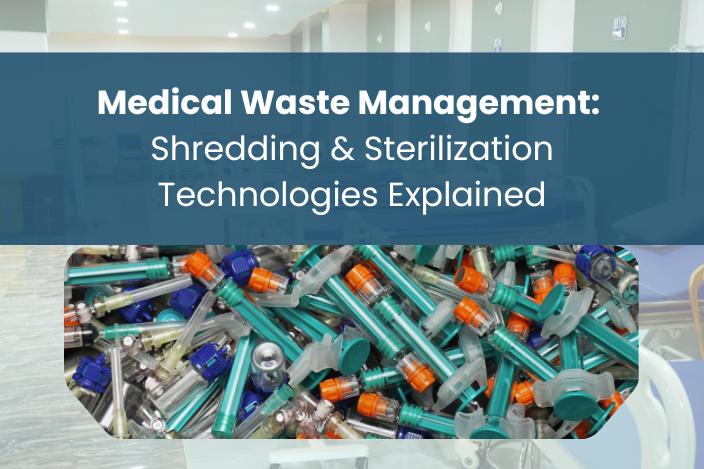
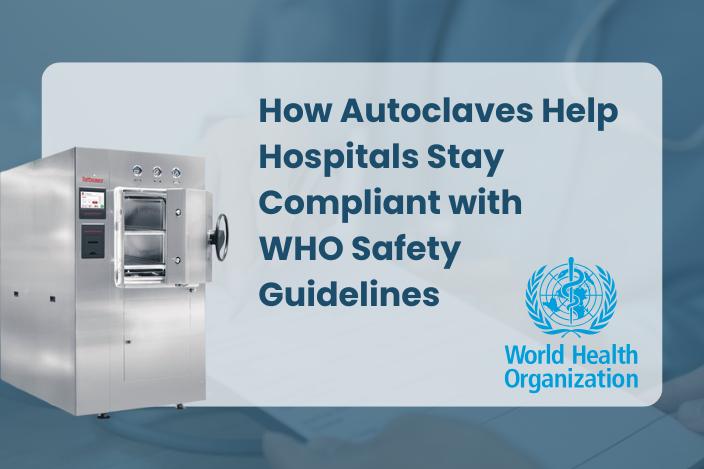
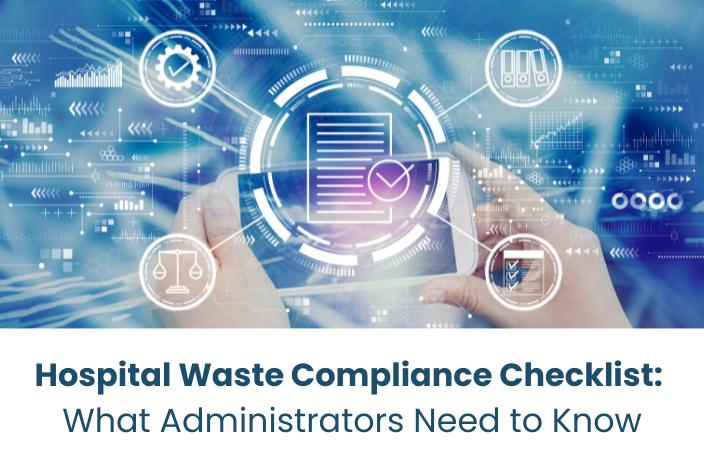
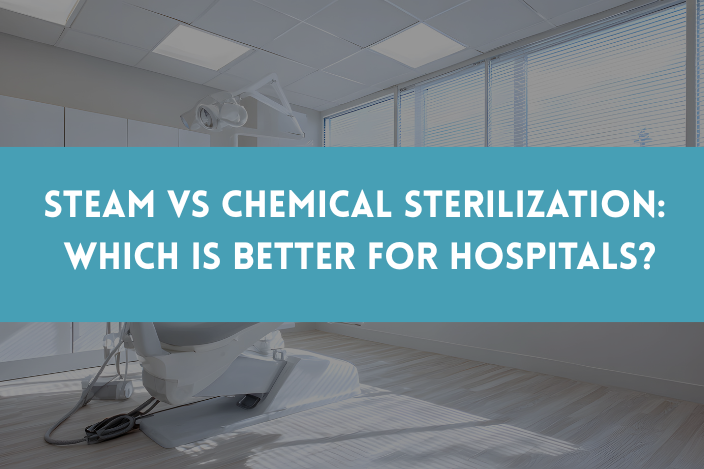
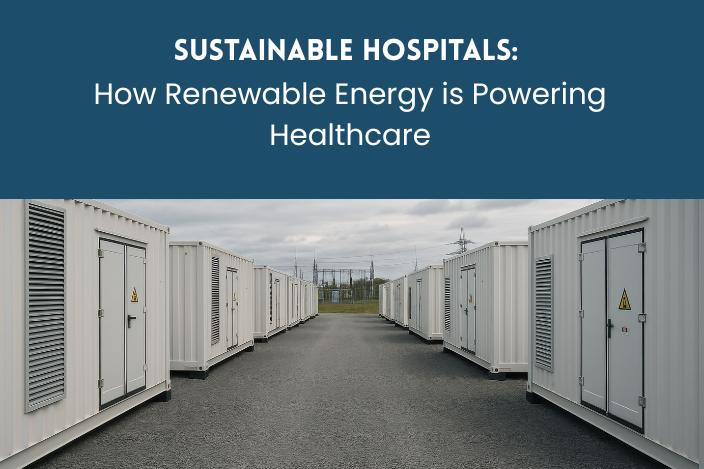



.png)
